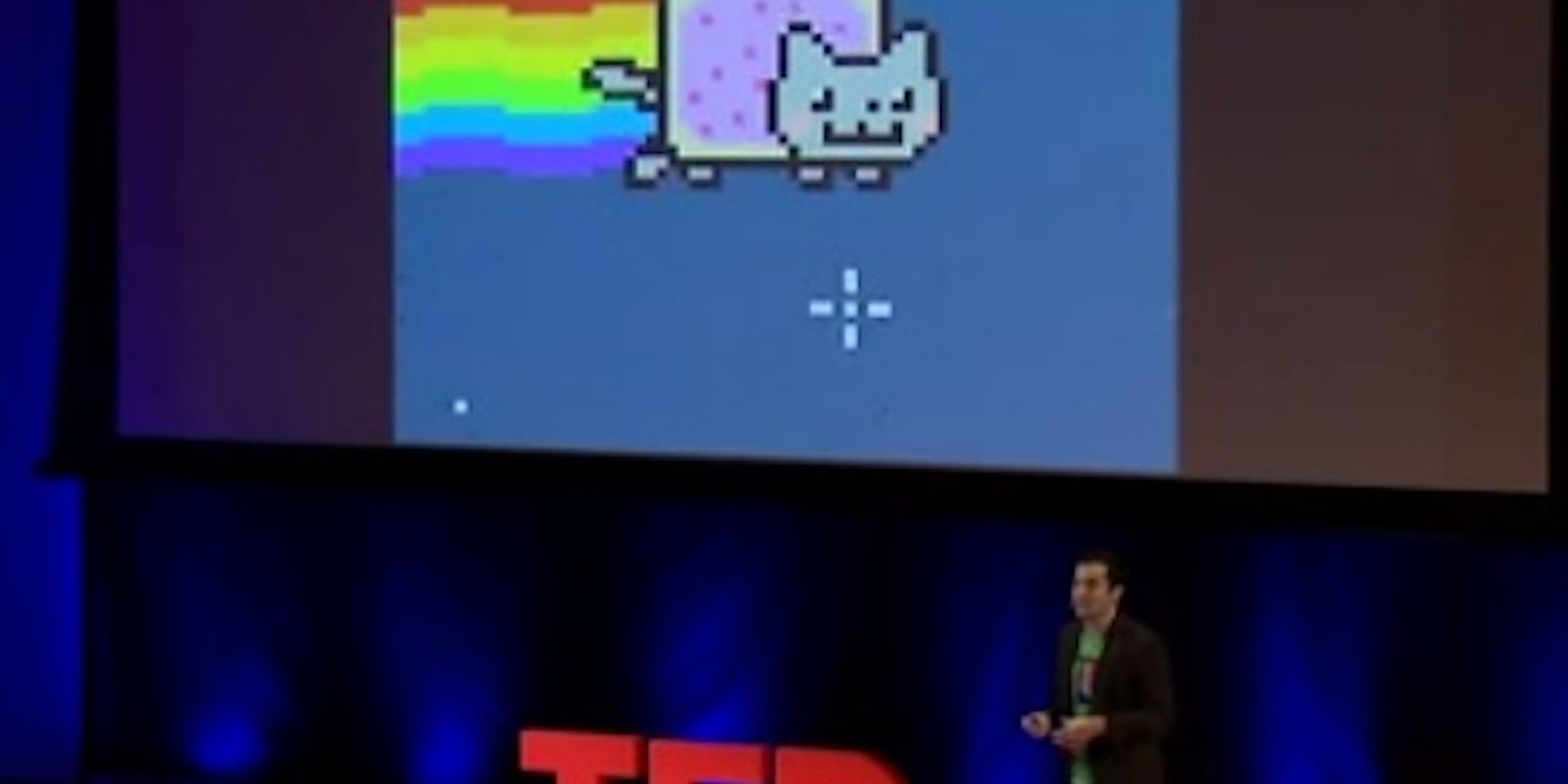What makes videos go viral?
Many people and media outlets have attempted to answer this question. Wired, Mashable, and even Scientific American all have different theories.
Kevin Alloca, the trends manager at YouTube, who jokes that he watches YouTube professionally, knows the three things that make videos go viral. He said so in his seven-minute TED Talk, which is conveniently found on YouTube.
Alloca believes the three ingredients to viral success are “tastemakers,” “communities of participation,” and something he calls “unexpectedness.”
The communities of participation are sites like Canvas, Reddit, 4chan, YouTube, and Tumblr, which remix the video to make “something new with it.”
“We don’t just enjoy now, we participate. .. This approach holds for anything new that we do creatively,” he adds, before proclaiming this remix culture as “characteristic of a new kind of culture.”
—Kevin Alloca
Alloca added that “audience defines popularity” and “no one has to green light your idea, and we all feel some ownership of our own culture.”
YouTubers, the community members of the largest viral-video factory on the Web, were quick to make their own theories on what makes videos go viral and criticize Alloca’s theory in the comment section.
“In my opinion, this actually shows that creativity has little role in the process of GOING viral,” wrote analogious in a top comment. “Kevin shows in this video that a really creative video becomes viral because taste-makers point to it so swarms of people can copy the idea and modify it.”


